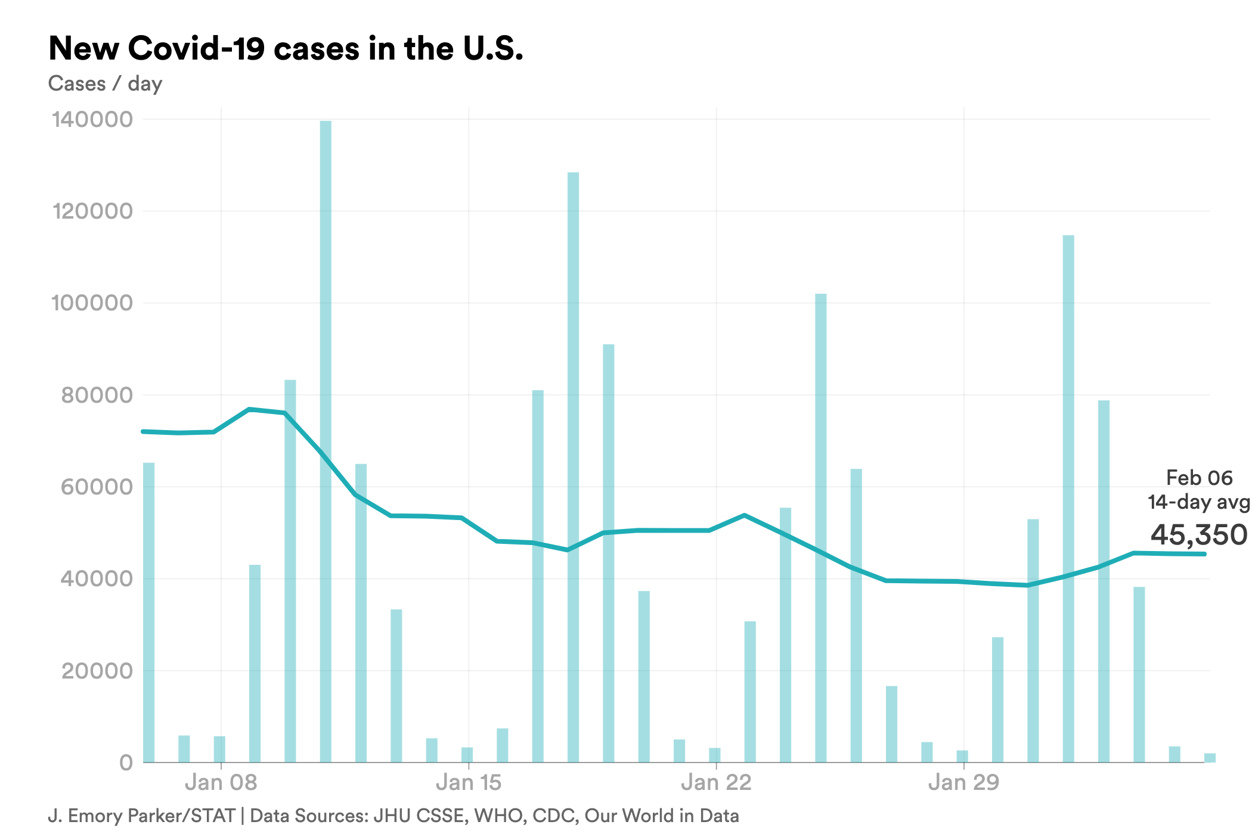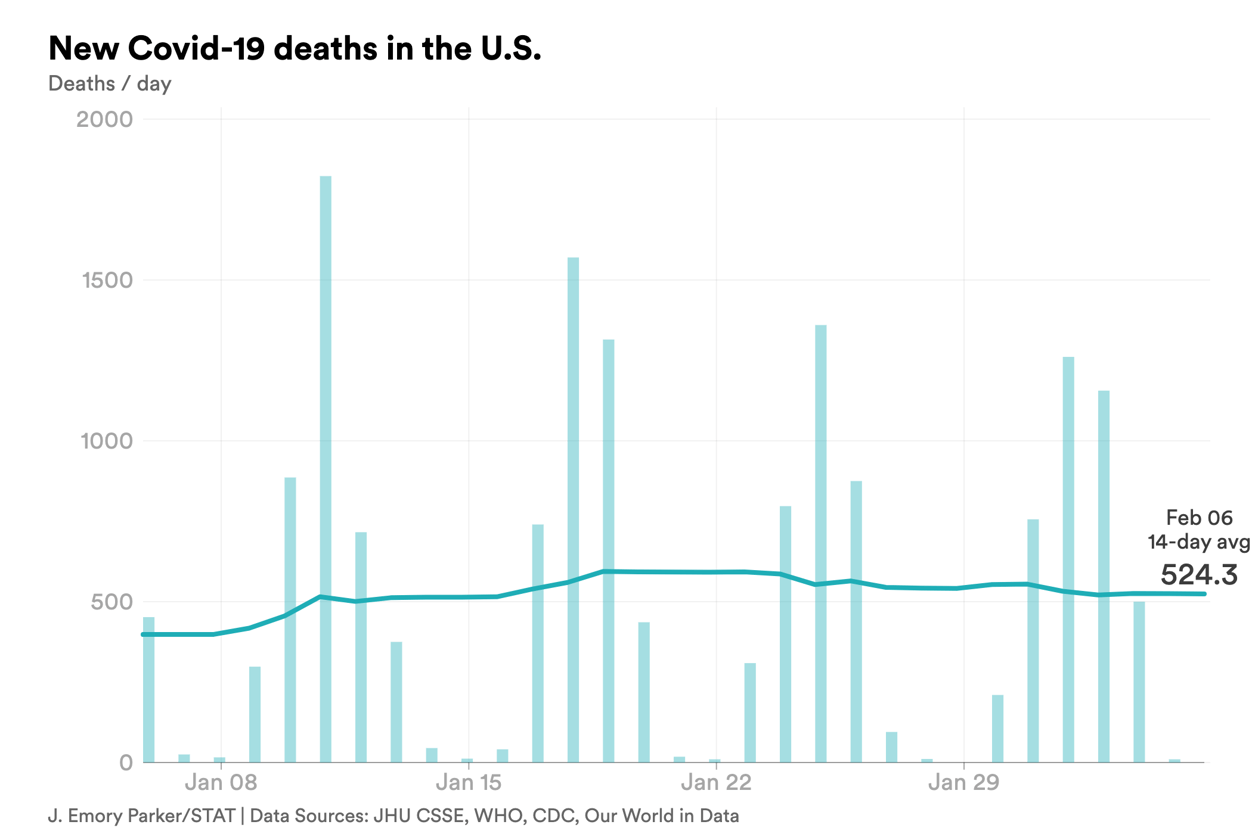Closer Look
Hmm. Digital scribes in the doctor's office can't catch everything we say

Adobe
What would you say if someone asked whether medical providers should use tech tools to transcribe their conversations with patients? If you said "mm-hm" or "uh-huh," a digital scribe might not get it right. A recent study in the Journal of the American Medical Informatics Association found that speech-to-text engines don't accurately record these responses, potentially leaving out clinically relevant sounds. And they're not very good with speech from non-native English speakers, STAT's Brittany Trang found when she used a transcription service for her interview with study author Kai Zheng.
While the tools might seem like a good way to help ease clinical burnout, they have limits, meaning humans still need to check them, especially if there are too many speakers in the room and the sound quality is poor. Still, Zheng thinks, even if an automatically generated document falls short of 100% accuracy, a near-perfect transcription could make a big difference. Mm-hmm. Read more.
coronavirus
Lower long Covid risk linked to healthy lifestyle before infection
In the search for answers to long Covid — what causes it, how to treat it, how long it lasts — researchers have looked for who might be more likely to develop the persistent symptoms after infection, from fatigue to brain fog to shortness of breath. A new paper in JAMA Internal Medicine based on prospective data from the long-running Nurses' Health Study II found an association between embracing five of six lifestyle factors (led by healthy body weight and adequate sleep) and a 50% lower risk of long Covid compared to participants with none of those factors.
The other behaviors were not smoking, getting regular exercise, eating a high-quality diet, and drinking moderate amounts of alcohol. The authors note each factor has also been linked to increased risk of chronic inflammation, which has been implicated in long Covid. Caveats: The associations can't prove cause and effect and most participants were white and middle-aged.
mental health
Primary care providers are treating more mental health concerns
At a time when mental health care is increasingly hard to find, a new study in Health Affairs tells us that even before the pandemic, primary care providers were treating more mental health concerns than before. For their analysis appearing in Health Affairs, the researchers compared the proportion of primary care visits dealing with a mental health concern in 2006 and 2007 to the share in 2016 and 2018. Those visits grew from 10.7% of the total to 15.9% in the later years.
Patients were more likely to ask for help with a problem like anxiety from their regular physician than a PCP they didn't know. The study also showed the patient's race and ethnicity mattered. Black patients were 40% less likely than white patients to have a mental health concern addressed during a primary care visit; a similar 40% difference divided Hispanic and non-Hispanic patients.
by the numbers


No comments